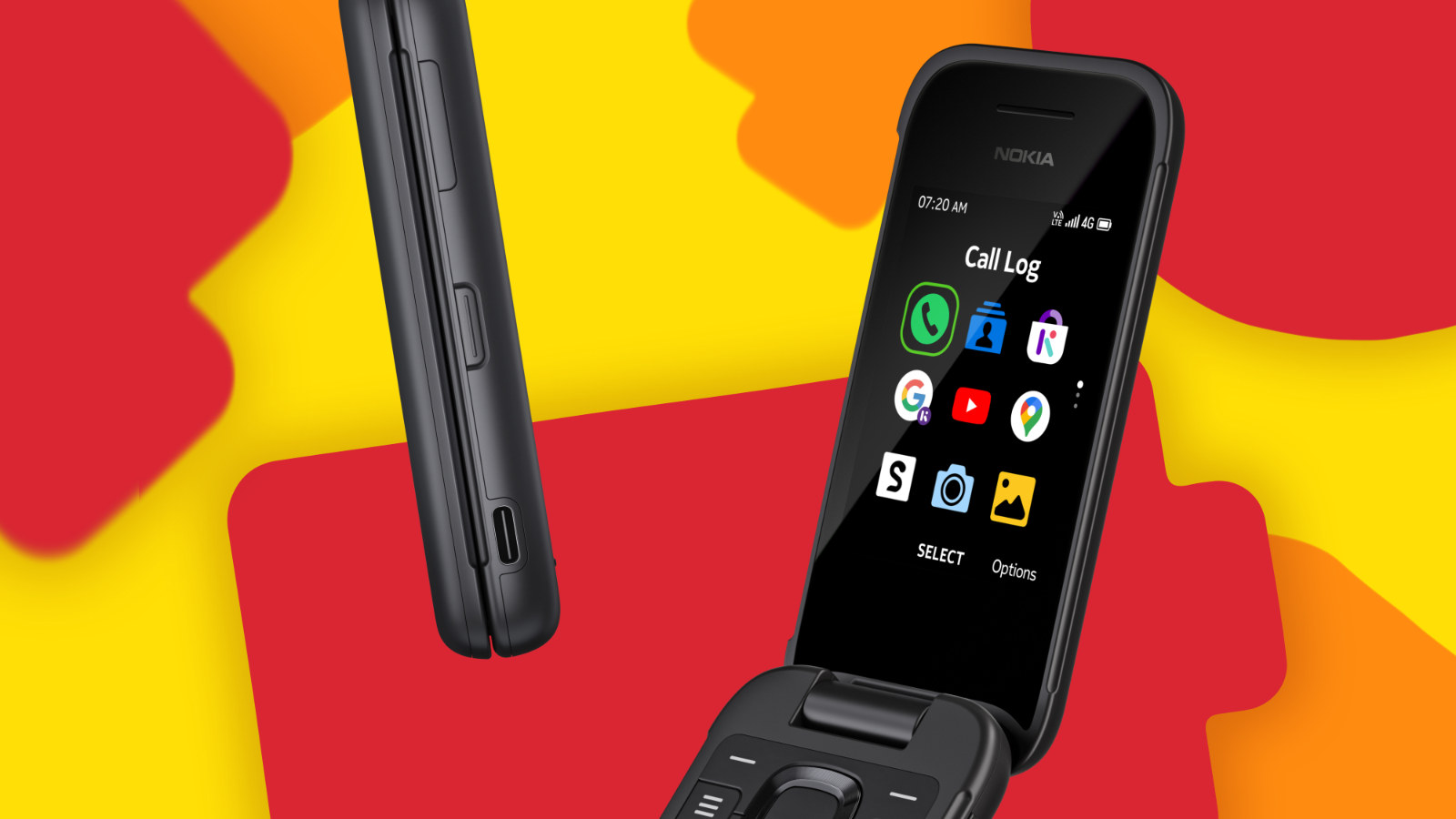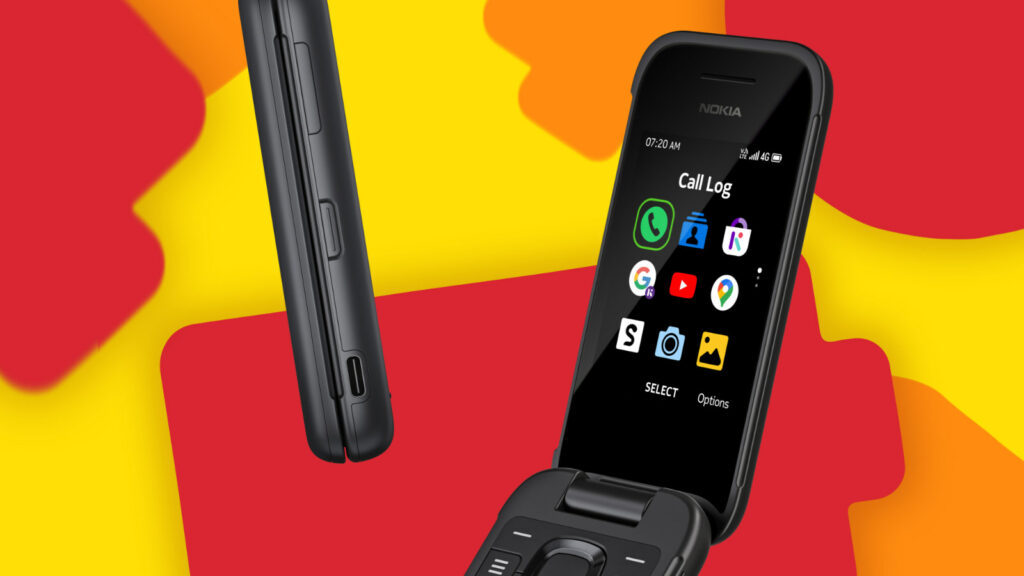This may be a source of comedy on The Late Show with Stephen Colbert, but to me it’s obvious why young people are opting for flip phones and digital cameras. They’re smart enough to think: why should I have a device that’s addictive and wastes my time? Why should I spend time on websites […]
Read More… from Generation Z has the right idea with flip phones and digital cameras

